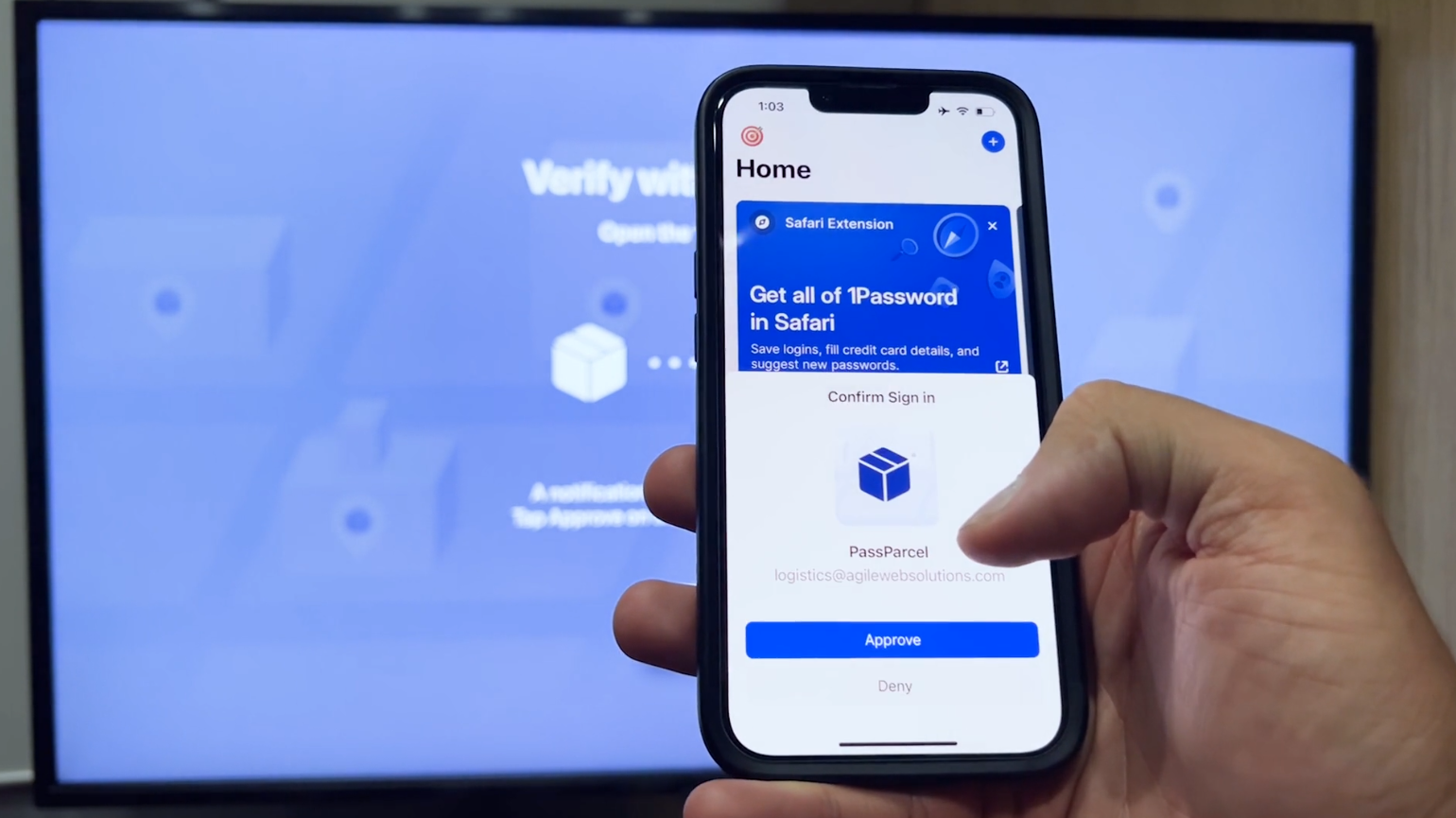1Password joining Apple, Google and Microsoft in embracing passkeys — what it means for you
1Password? With passkeys, more like 0Password

1Password is an excellent password manager that works on a multitude of devices. It’s easy to set up on an iPhone or iPad and for Android users, it’s easy to install on your Android phone or tablet too. There are versions for macOS Ventura, Windows 11 and Linux along with extensions for popular browsers. Basically, if it's a place where you’ll need a password then there’s probably a 1Password solution.
The problem is that these platforms are starting to abandon the password for the passkey. Luckily, 1Password is prepared, and just announced passkey support coming in 2023.
First reported by 9to5Mac, 1Password will be adding passkey support next year, allowing its users to sign in without a password. The company has even set up an interactive demo for existing users so they can see how the feature will work when it rolls out.
1Password does say that its version will have a couple of advantages over its competitors. Because it's available on so many platforms, 1Password claims its passkeys are the only ones that support multiple devices and allow for cross-platform sync. It will be interesting to see if this versatility gives it an advantage over the likes of Apple, Google and Microsoft.
Apple, Google and Microsoft all abandoning passwords for passkeys

This was probably a move of necessity for 1Password, as this year began a major shift away from the password. This year, Apple, Google and Microsoft announced that they are teaming up to kill off passwords. Called the FIDO alliance, this organization is dedicated to abandoning insecure passwords for more secure passkeys.
Unlike passwords, which can be compromised fairly easily through data breaches, passkeys aren’t stored anywhere for malevolent actors to access. Instead, there is a credential stored on your device that nobody can access. This is called a private key.
When you need to log into a site or application, the site will use a public key to request that you authenticate this private key, typically using biometric authentication like Apple’s FaceID. Once authenticated, you are able to log into the site or application just like if you had a password. The one caveat here is that the site or application needs to support passkeys. Otherwise, it won’t matter that your device supports them.
Get instant access to breaking news, the hottest reviews, great deals and helpful tips.
We’ve already seen a peek at what Apple plans to do with passkeys. They announced the feature this year and it is expected to come to macOS Ventura, iOS 16 and iPadOS 16. Similarly, Google has announced how to implement passkeys in Chrome and Android.
Now with 1Password joining the fray as part of the FIDO alliance, it seems it's now a matter of when, not if, passkeys take over passwords. What remains to be seen is if it remains one of our best password managers — or becomes our best passkey manager.

Malcolm has been with Tom's Guide since 2022, and has been covering the latest in streaming shows and movies since 2023. He's not one to shy away from a hot take, including that "John Wick" is one of the four greatest films ever made.
 Club Benefits
Club Benefits





